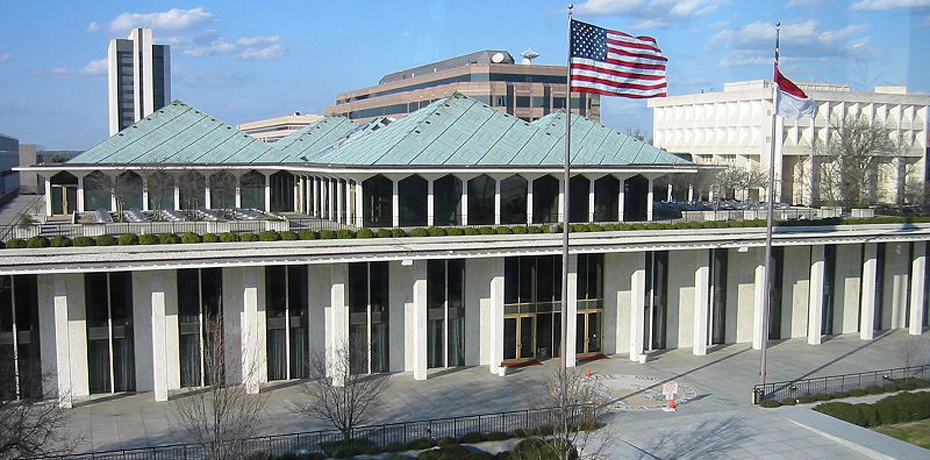The City of Fayetteville Parks & Recreation Bond Referendum passed last night with a vote of 21,089 for and 14,661 against.
The 35 million bond will include the following projects and rehabilitations.
- Senior Centers (2)
- Tennis Center
- Sports Field Complex
- Skateboard Parks (2)
- Cape Fear River Park – Downtown Riverfront
- Existing Park Improvements (7)
- Splash Pads (7)
When will the projects begin?
The City will have seven years (can be extended to 10) to issue/sell the bonds. Construction of all projects must begin within that period. Preliminary work has already been completed on some of the projects. Under the current schedule, residents should see something initiated every year of that period, but all projects will not be completed until 2024.
How will taxes be applied?
Taxes are applied to all assessed value, which includes both real and personal property, such as your home, vehicle or boat.
What will it cost Fayetteville homeowners? (from city memo)
A homeowner with a home valued at the City average of $125,800 would pay just $1.42 monthly or $17 annually, for a total of just more than $339 over the entire bond period. And that is only if the City uses all of the $35 million for the bond – if we use less than that amount it will cost less per citizen.
Other cost examples are listed below:
|
Tax Rate |
Property Value |
Monthly Contribution |
Annual Contribution |
Life-of-Debt Contribution |
Monthly Equivalent: |
|
$0.0135 |
$75,000 |
$0.84 |
$10.13 |
$202.50 |
Can of Soup |
|
$0.0135 |
$100,000 |
$1.13 |
$13.50 |
$270.00 |
Snack Bag of Chips |
|
$0.0135 |
$125,800 |
$1.42 |
$16.98 |
$339.662 |
Liter Bottle of Soda |
|
$0.0135 |
$150,000 |
$1.69 |
$20.25 |
$405.00 |
3 Cookies |
|
$0.0135 |
$200,000 |
$2.25 |
$27.00 |
$540.00 |
Large Cup of Coffee |





